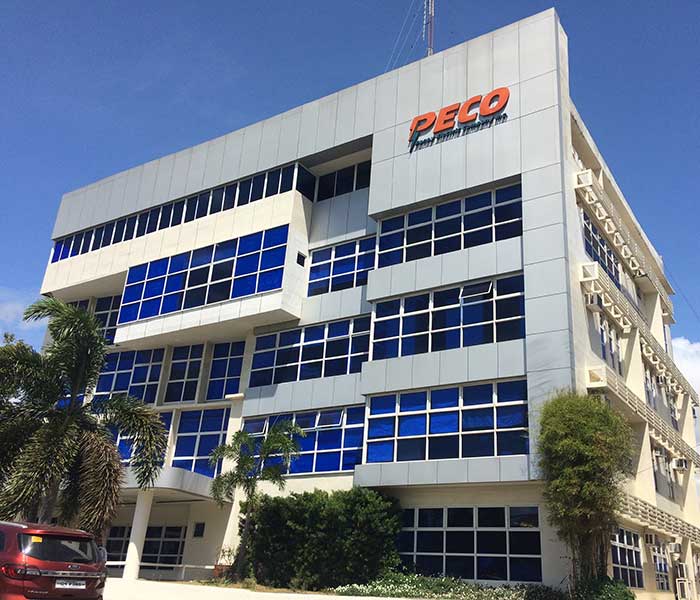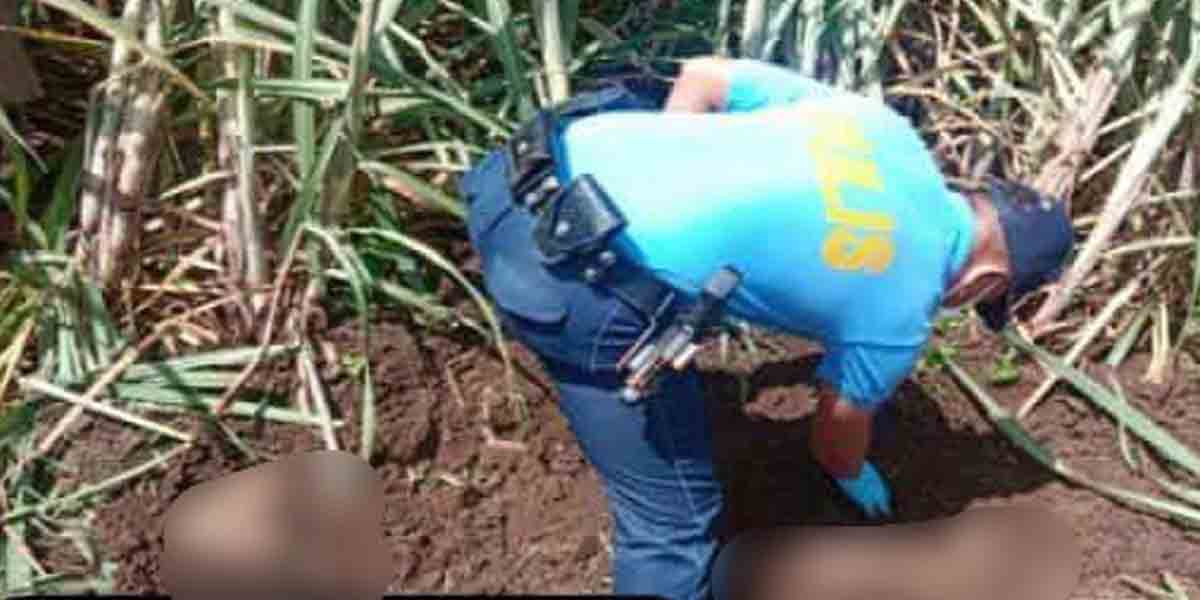
By Francis Allan L. Angelo
Panay Electric Co. (PECO), the erstwhile power distributor in Iloilo City, debunked the claims of City Hall that it failed to pay franchise taxes for the years 2019 and 2020.
In a statement on its Facebook page, PECO management posted official receipts issued by the City Treasurer’s Office to prove that it has paid all franchise tax assessments for the period when it was still operating as the electric distribution utility of Iloilo City.
The receipts indicated that PECO remitted P10,520,697.92 million on April 17, July 20, and October 18, 2019 and P11.061 million on January 17, 2020.
PECO said it ceased to pay the franchise tax since the second quarter of 2020 for the following reasons:
-a court case was filed to determine the propriety of the imposition of franchise tax against PECO;
-the Mayor’s office cancelled the business permit of PECO due to lack of franchise; and
-PECO already stopped operating the distribution utility of Iloilo City and billing customers (including franchise tax) since March 2020.
PECO lost its congressional franchise to MORE Electric and Power Corp. which started operating in February 2020.
“Since that time, it has been MORE that is billing and collecting from customers for electricity consumption, including charges for franchise tax,” PECO said.
The Cacho-led firm also cited the Local Government Code to back its position.
“Reading Section 137 of the Local Government Code (which allows the city to collect franchise tax), one can simply see that there is no mention of the franchise tax being collected on the next year. In fact, the second paragraph of this section even states the new companies must instead use 1/20th of 1% of the capital investment. This shows that new companies must immediately pay a franchise tax.”
Under Section 151 of Republic Act No. 7160 (Local Government Code of 1991), cities may impose taxes on businesses enjoying a franchise, at a rate exceeding half of 1 percent of the gross annual receipts for the previous calendar year based on the incoming or realized receipts, within its territorial jurisdiction.
The National Electrification Commission on January 19, 1994 extended PECO’s legislative franchise under Rep. Act No. 5360 for 25 years, and the said franchise thus expired in 2019.
Earlier, Mayor Jerry Treñas threatened to file a syndicated estafa case against PECO for its alleged “refusal to remit franchise taxes collected from the electric consumers from the 2nd, 3rd, and 4th quarters of 2020 to the city government amounting to more than P51-million plus taxes and penalty charges.”
Based on City Hall records, PECO only remitted the taxes in the first quarter of 2020, or about the same time that MORE Electric and Power Corporation took over the power distributorship in Iloilo City.
“The city will be compelled to take such measures including but not limited to the filing of a criminal complaint against all the executive officers and members of the board of PECO for syndicated estafa which crime is a nonbailable offense,” Treñas said.
He added that the city is compelled to protect its interest especially during a pandemic like COVID-19.
The Iloilo City Legal Office has demanded PECO to pay its unpaid franchise taxes to the city for the last three quarters of 2019.
In a letter addressed to PECO president Luis Miguel Cacho, chief executive officer Mariano Cacho, and its other executive officers and members of the Board dated June 16, 2021, City Legal Office (CLO) chief Atty. Edgardo Gil noted PECO’s “continued refusal to remit/pay to the Iloilo City Government the Franchise Taxes you have collected as part of the billed monthly electricity charges from Jan. 1, 2019 to Dec. 31.”
“In particular, despite having already paid the 1st quarter payments for the said tax, you refused to remit/pay to the City the 2nd, 3rd, and 4th quarter payments amounting to P51,425,406.37, excluding legal interest and other charges.”
Based on tax order of payment of the Iloilo City Examination and Inspection Division, the tax due is P33,175,520.12 while the penalty amounted to P18,247,086.13.
Gil noted in the demand letter that the collected 2019 Franchise Tax payments are still in PECO’s control and possession without any legal authority to do so and that its continued failure to pay/remit the same to the city constitutes the crime of syndicated estafa.
“I strongly recommend that Panay Electric Company remit the aforementioned amount within five (5) days from receipt of this letter, otherwise the City has no choice other than to immediately file the necessary case for the criminal case of syndicated estafa,” Gil said.
P.D. No. 1689 defines syndicated estafa as acts of estafa committed under Articles 315 and 316 of the Act No. 3815 (Revised Penal Code), “by a syndicate consisting of five or more persons formed with the intention of carrying out the unlawful or illegal act, transaction, enterprise or scheme, and the defraudation results in the misappropriation of money contributed by stockholders, or members of rural banks, cooperative, ‘samahang nayon(s)’, or farmers association, or of funds solicited by corporations/associations from the general public.”
Gil stressed that “failure to pay the Franchise Taxes upon demand is tantamount to appropriating the same for one’s personal use and constitutes the crimes of syndicates estate.”
Even earlier, Gil already insinuated that the demand letter is just but an initial step in the filing of a criminal case against the PECO executives and members of the Board.
















